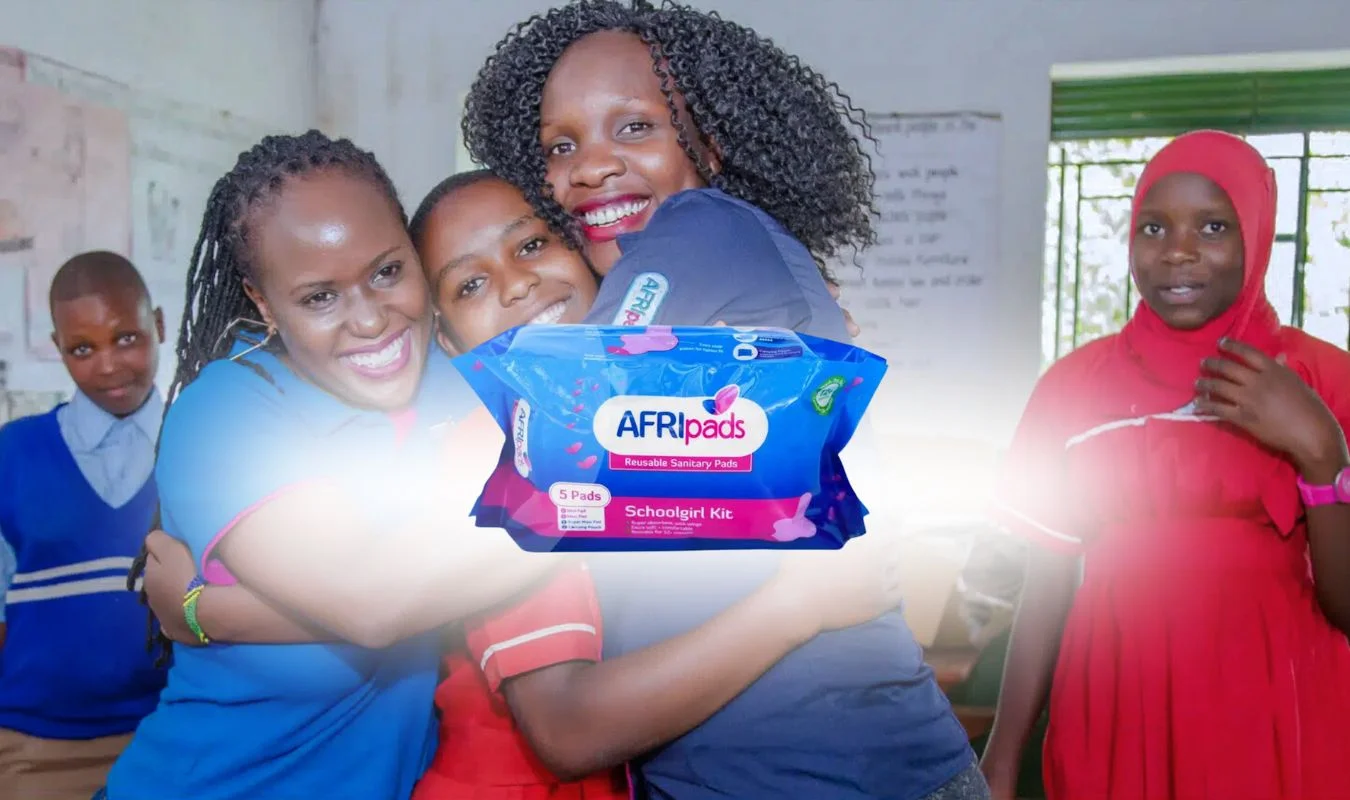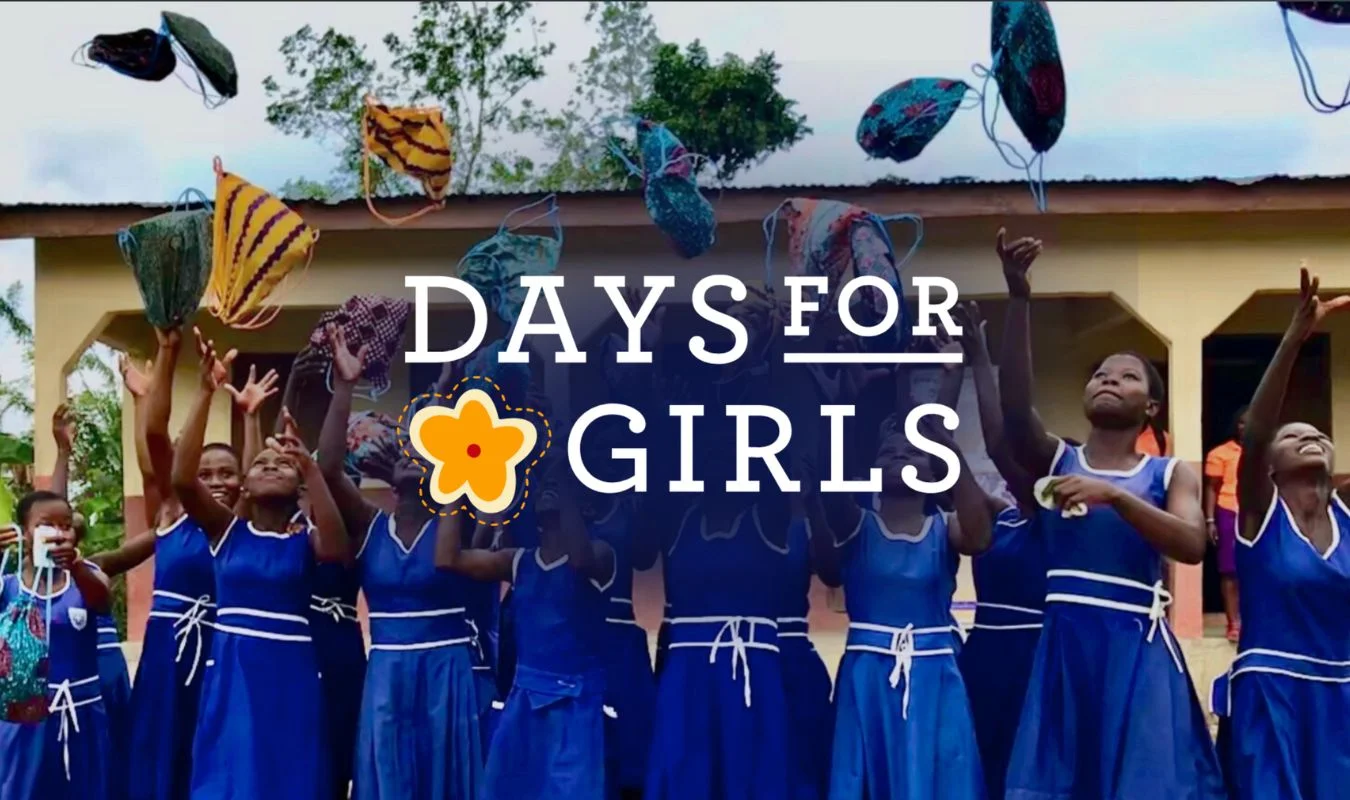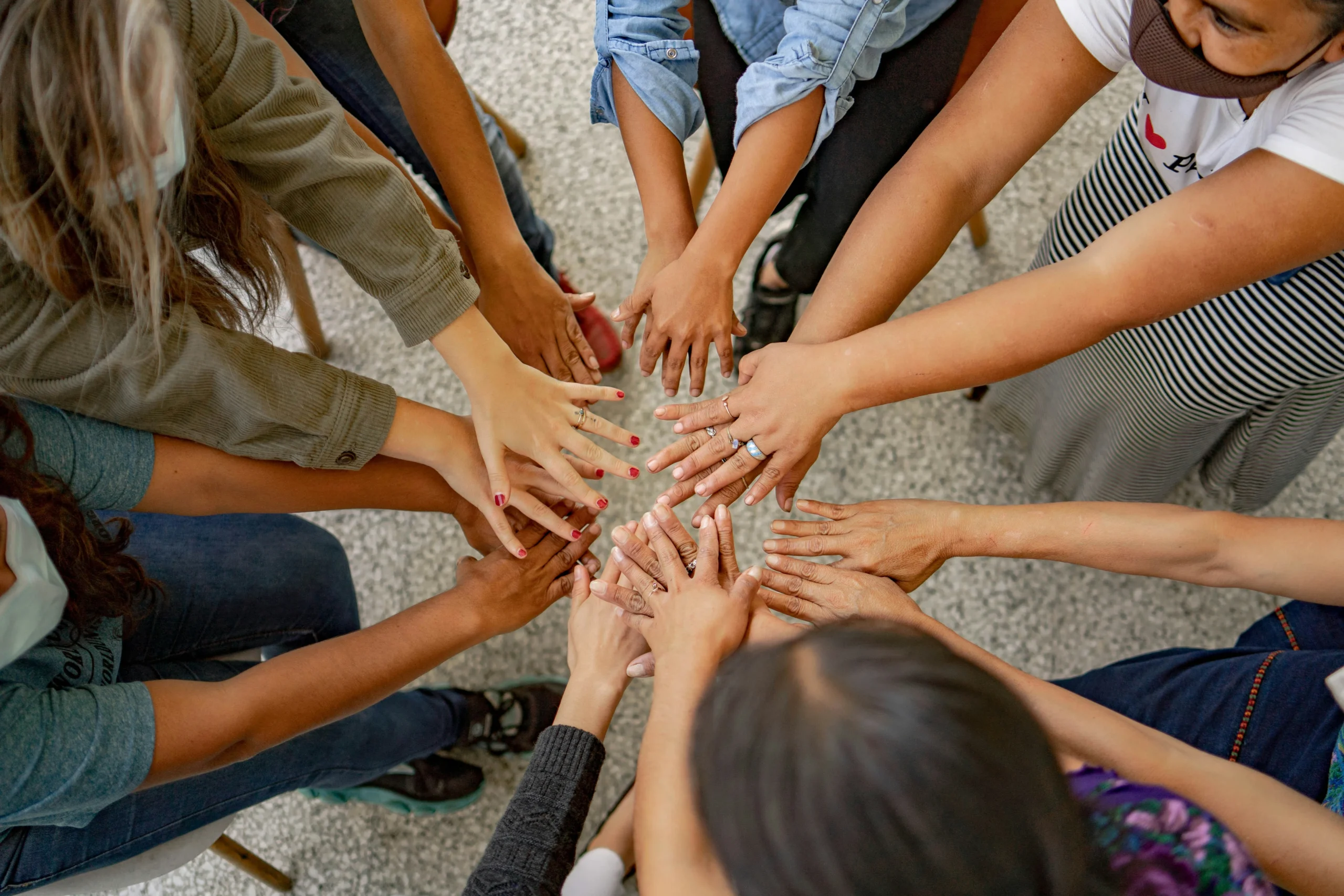Who Collects Water? The Water collection Gender Gap And Its Effects
By Grace Obeda
Imagine you are a young girl living in Tanzania. Each morning you get up early before school to go collect water with your mother. The journey takes about an hour on foot, but it’s important that you bring clean water back for the rest of the family to use for drinking and completing household chores and needs. On your way you pass by prepaid water meters that access clean and safe groundwater, but you just can’t afford to buy water every day. As you continue on, you meander by a river that runs along the outskirts of your town. You’d get your water from here, but those who use the river water often get cholera and other water-borne diseases. You stay away from the river for now and keep on towards the free groundwater water pump. Only a little bit father now… and school starts in an hour.
Women in WASH
All around the world, millions of other women are spending their time collecting water. They too are making the journey to gather clean and safe water for themselves and the people that depend on them, and they too are spending their valuable time doing so. Many don’t consider the idea that something as universal as the importance of clean water and sanitation could affect women and young girls so disproportionately, but it does. The water crisis is personal for women. To properly address the world water crisis as a whole, one must also recognize how this responsibility of collecting safe water falls on women, and how women are uniquely affected by this crisis.
Domestic Labor
There are global trends in the way we divide up labor. For example, across cultures and geographical bounds women overwhelmingly take on more domestic duties. The extent to which they do can vary largely depending on the region. A U.N. report found that in Africa for example, 90% of all the labor associated with firewood and water collection is done completely by women. Though this kind of labor is unpaid, It’s an essential responsibility that many women have in their community.
This sort of domestic labor allows everyone to have access to a vital resource, and it enables proper sanitation and hygiene practices. Even so, at what cost? Young girls in the family also bear the brunt of these kinds of chores. In a study done across 24 countries where children were responsible for water collection, they found that 62% of the time, it was girls that completed these duties. By comparison, their male counterparts were responsible for water collection only 38% of the time (Graham, Hirai, and Kim).

The True Price of Clean Water
Water collection is no easy task. These women and girls travel great distances, often more than once a day, and on foot, to fetch water when there is no source located in the home. By doing so, they put themselves at incredible risk.
Gender-Based Violence
Many women and girls experience sexual exploitation or violence along these routes. Women are expected to trade sexual favors for lower rates at pay pumps, or for access at all. These routes are also long and can leave young women and girls vulnerable to gender based violence such as rape and sexual assault. These problems are heightened by the fact that some of them have to travel multiple times a day and into the night to meet their household water needs (Sommer, Ferron, Cavill, et al. ). Still, after it’s all said and done, some women still face tension in the home and even domestic violence over the amount of water they brought home.
Physical Stress
Aside from gender based violence, women also put themselves at higher risk for physical injury and disease during water collection. The physical stress that women and girls endure every day carrying heavy containers of water for miles on foot can leave lasting and irreversible effects for many. Carrying water, especially by means of “head-loading”, one of the most popular methods, can also cause some of the worst damage to the back, neck, and hands. When women and girls are making these journeys every day, sometimes multiple times a day, over time they develop permanent musculoskeletal disorders and are more prone to injuries.
Time Adds Up
So how much time are we talking exactly? A U.N. report estimated that each day, women spend 200 million hours globally collecting water. That’s equal to 8.3 million days, or 22,800 years. That’s countless years that women and girls have spent enduring the physically demanding and often dangerous journey to fetch clean water. It’s hard to imagine just how much could have been achieved in all that time. That’s time that could have been spent furthering their education, engaging in leisure activities, working for pay, or enjoying time with their families.
School Attendance Rates
Despite a global rise in dual-income households, and more women entering the workforce, we often see that women still are still those primarily responsible for household chores, water collection being one of those duties. This means that all that time wasted fetching water becomes an added stressor to the lives of women who also participate in paid labor. The same goes for young girls who take on this responsibility. They must often wake up early before school, or make the trek after a day of class, which can be both physically and mentally exhausting.
A study conducted on school attendance and tardiness rates found that they suffered for girls whose homes were located more than 15 minutes away from a water source. However, these rates remained unaffected for boys (Dungumaro, DeGraff, and Levison) A similar study from the World Bank affirmed these findings and noted that when water collection took more than 20 minutes, it had particularly strong effects on the school attendance rates of girls in Ghana.
What’s Next?
A UNICEF report projected that the number of people facing water stress could rise to include almost half of the world’s population by as early as 2025. As the number of people affected by the crisis continues to rise, it’s necessary to recognize what populations are especially vulnerable and deeply affected. If the mission is to provide true access to water for everyone, then we must recognize that there are certain hurdles that make it more difficult for women to equally share in vital resources. Water access for all cannot be achieved until we have equitable water access for women too.
Education and action go hand in hand. We can all be ambassadors of change by using our voice on meaningful platforms, spreading the message, and encouraging others to do so as well. If you want to be a part of a community that does this or create your own, Business Connect is here to help you raise awareness while seeking viable solutions to the world water crisis.




